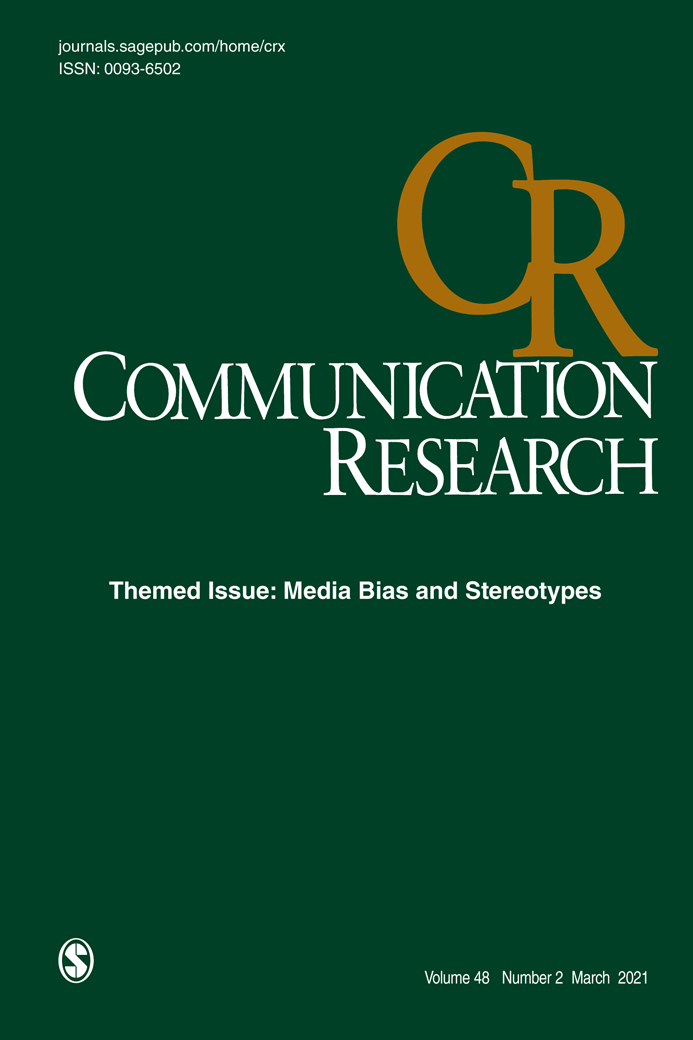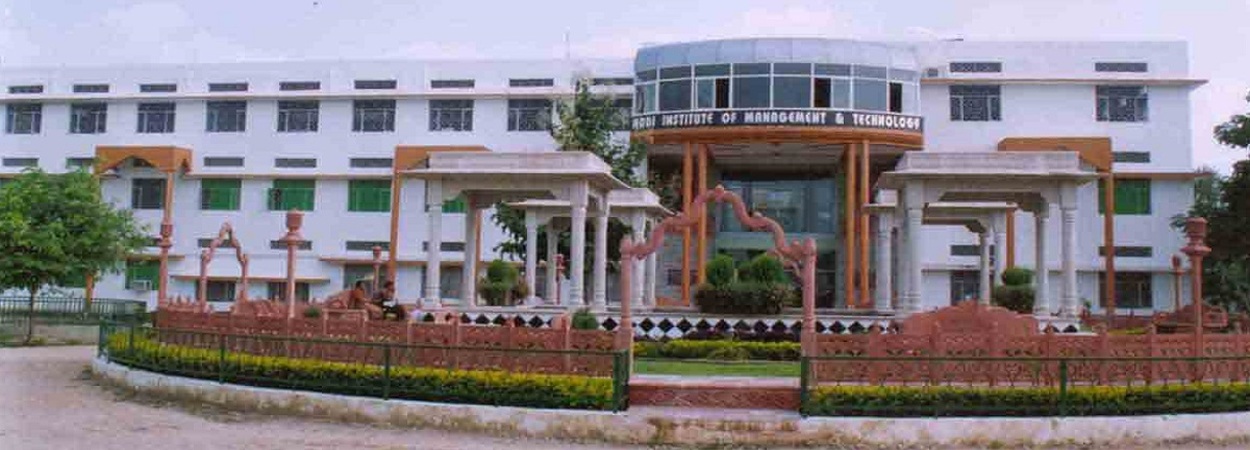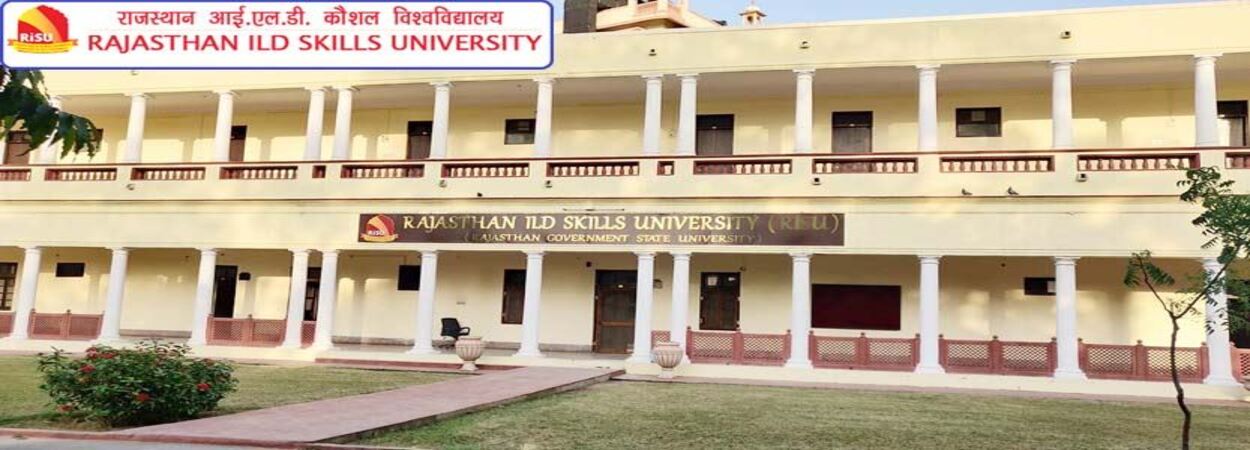Introduction:
A Ph.D. in Communication Research offers a deep dive into the myriad ways that communication techniques and media influence human interaction, society, and culture. As digital media reshapes our world, the demand for rigorous and insightful communication research grows. This program equips students with advanced theoretical knowledge and practical skills to analyze and impact the media landscape effectively.
Admission Process:
- Application Submission: Prospective students must submit a detailed application, including a statement of purpose, CV, academic transcripts, and writing samples.
- Letters of Recommendation: Usually, three letters are required, emphasizing the applicant’s research potential and academic merit.
- GRE Scores: Most programs require GRE scores, though some may waive this requirement based on the applicant's experience or academic record.
- Research Proposal: Applicants often need to submit a research proposal that outlines their intended area of study, demonstrating alignment with the program’s expertise.
- Interviews: Interviews with faculty members are common to assess fit both in terms of the applicant's research interests and the program’s capacity to support them.
Eligibility Criteria:
- Educational Background: A master’s degree in communication, sociology, psychology, or a related field is generally expected.
- Research Experience: Substantial research experience, including publications or participation in research projects, particularly in the field of communication.
- Analytical Skills: Strong analytical skills, evidenced by previous research or coursework.
- Communication Proficiency: Excellent written and oral communication skills are crucial.
- Theoretical Grounding: A solid foundation in communication theories and methodologies.
- Technological Savvy: Proficiency with digital media technologies and data analysis tools is increasingly important.
Completion Time:
Completing a Ph.D. in Communication Research typically takes between 4 to 6 years, depending on the dissertation's scope and the student’s pace.
Career Opportunities:
- Academic Positions: Many graduates pursue careers in academia, teaching at universities and conducting research.
- Media Analyst: Work for media companies or consultancies analyzing media trends and impacts.
- Market Research Analyst: Design and analyze market research to understand consumer behavior and communication effectiveness.
- Public Relations Manager: Oversee communication strategies and media relations for organizations.
- Policy Advisor: Influence and craft communication policies within governmental or non-governmental organizations.
Syllabus Highlights:
- Advanced Theories in Communication: Study of core and contemporary theories in communication.
- Research Methods: Training in both qualitative and quantitative research methods.
- Media Analysis Techniques: Instruction in content analysis, discourse analysis, and audience studies.
- Digital Media Strategies: Exploring the role of digital media in modern communication.
- Ethics in Communication: Critical discussions on the ethical considerations in media practice and research.
Internship Opportunities:
- Media Organizations: Internships at TV stations, newspapers, or digital media platforms.
- Research Institutes: Working on specific communication research projects.
- Public Relations Firms: Gaining experience in crafting and executing communication campaigns.
- Non-Profit Organizations: Developing communication strategies to promote social causes.
- Government Agencies: Engaging in public information dissemination and media monitoring.
Scholarships and Grants:
- Academic Scholarships: Many universities offer scholarships based on academic excellence.
- Research Grants: Opportunities for funding specific research projects from institutions like the National Communication Association.
- Travel Grants: Support for attending conferences or conducting field research.
- Teaching Assistantships: Providing teaching experience and financial support.
- External Fellowships: Including those offered by media research foundations and industry groups.
FAQs:
What distinguishes communication research from other media studies?
Communication research focuses on understanding and analyzing the processes and effects of communication in various contexts, rather than just content creation.
Can I collaborate with other disciplines in my Ph.D. research?
Yes, interdisciplinary research is encouraged, combining insights from psychology, sociology, business, and even technology studies.
What are the key skills I will gain from this Ph.D.?
Critical thinking, advanced analytical skills, expert knowledge in research methodologies, and a deep understanding of the media's impact on society.
How applicable is this degree in the non-academic sector?
Highly applicable; graduates are suited for advanced roles in market research, policy development, corporate communication, and media consulting.
Are online resources integrated into the curriculum?
Yes, most programs integrate digital tools and platforms, reflecting the changing landscape of media and communication.

















